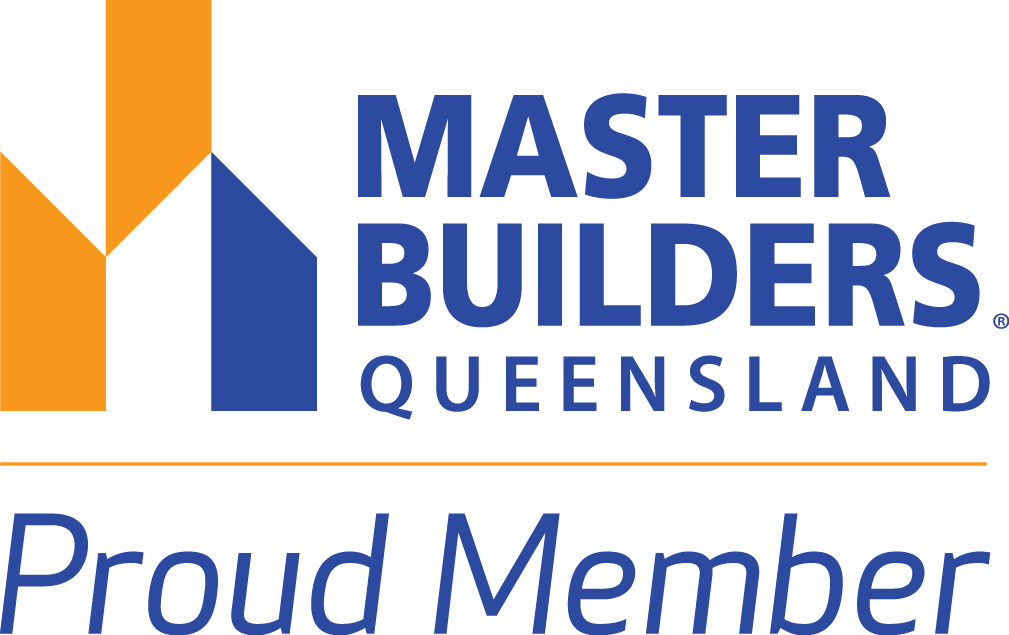Embarking on a construction project—whether it’s a home renovation, commercial build, or full-scale development—can be both exciting and overwhelming. With large budgets, tight timelines, and numerous moving parts, even the smallest misstep can lead to costly delays. Fortunately, with the right planning and guidance, you can avoid common pitfalls and ensure a smooth process from start to finish.
Here are 10 essential tips to help you succeed with your next construction project.
1. Define Your Goals Clearly
Before any blueprint is drawn or budget approved, clarify your objectives. What do you want to build? Who will use the space? What features are must-haves vs. nice-to-haves?
Clearly defining your goals will guide decisions throughout the project, from design to materials and finishing touches. A well-defined vision minimizes revisions, reduces delays, and ensures your project stays aligned with expectations.
2. Set a Realistic Budget (and Stick to It)
It’s easy to underestimate costs—construction materials, labor, permits, and unforeseen expenses add up quickly. Work with a qualified contractor or estimator to create a realistic budget that covers:
- Materials
- Labor and equipment
- Design and permits
- Contingency (typically 10-20%)
Be honest about your financial limits, and factor in wiggle room for unexpected issues like weather delays or supply chain disruptions.
3. Choose the Right Construction Partner
Your contractor can make or break the success of your project. Don’t just go for the lowest bid—look for:
- Licensing and insurance
- Portfolio of similar work
- Strong communication and organization
- Positive reviews and references
A trustworthy contractor will be transparent, reliable, and committed to your project’s success. Take time to interview multiple candidates and compare quotes carefully.
4. Prioritize Good Communication
Construction involves many players—contractors, architects, engineers, inspectors, and suppliers. Clear and consistent communication helps keep everyone aligned.
Use tools like:
- Project management software (e.g., Trello, Asana, Buildertrend)
- Regular check-ins or site meetings
- Written updates and timelines
Don’t be afraid to ask questions. Clear communication reduces misunderstandings, delays, and change orders.
5. Get All Permits and Approvals Early
Never start construction without the necessary permits. Skipping this step can lead to fines, stop-work orders, or having to redo completed work.
Each location has specific requirements, so check with your local city or county government. Your contractor or architect can usually help you navigate the process, including:
- Zoning approvals
- Building permits
- Environmental or heritage checks
6. Plan for the Unexpected
In construction, things rarely go exactly as planned. Weather, labor shortages, or product delays can shift your timeline or budget. Always include a contingency buffer (time and money) to cover surprises.
Examples of common unexpected issues include:
- Delays due to bad weather
- Materials out of stock or backordered
- Site issues like poor soil or underground utilities
- Design changes mid-project
Being flexible helps you handle these hiccups without unnecessary stress.
7. Use Quality Materials (Not Just Cheap Ones)
It might be tempting to cut corners with cheaper materials to save on budget. But poor-quality materials can result in:
- Shorter lifespan of your building
- More maintenance over time
- Safety issues
Investing in quality materials upfront can reduce long-term costs and increase the value of your property.
If you’re on a tight budget, prioritize quality in key structural areas like foundations, roofing, and insulation.
8. Stay Involved and Visit the Site Regularly
Even with a trustworthy contractor, you should stay engaged throughout the process. Regular site visits help you spot issues early, ask questions, and make timely decisions.
Bring a checklist with you for site inspections, such as:
- Are materials what you agreed to in the contract?
- Is the work progressing according to schedule?
- Are safety and cleanliness being maintained?
Contractors appreciate a proactive client—your feedback keeps everyone accountable and on the same page.
9. Understand Your Timeline and Milestones
Every construction project has phases. Know the general timeline and key milestones, such as:
- Site preparation
- Foundation work
- Framing
- Electrical and plumbing
- Drywall and finishes
- Final inspection and turnover
If delays occur, ask for a revised schedule. Track progress weekly so you’re not surprised if something falls behind.
10. Final Walkthrough and Documentation
Once construction is complete, do a final walkthrough with your contractor. Look for:
- Punch list items (e.g., unfinished trim, paint touch-ups, loose hardware)
- Proper operation of fixtures and systems
- Cleanliness and debris removal
- Warranty documentation and maintenance tips
Make sure all inspections have passed and permits are closed. Keep records of plans, manuals, and contacts—you may need them later for repairs, renovations, or resale.
Bonus Tip: Consider Sustainability
Modern construction increasingly focuses on energy efficiency and environmental impact. Consider:
- Using LED lighting and energy-efficient HVAC
- Installing solar panels or smart home systems
- Choosing recycled or low-impact materials
Sustainable construction isn’t just good for the planet—it can also reduce your utility bills and boost your property value.
Conclusion: A Successful Build Starts with Smart Decisions
Construction doesn’t have to be stressful. With the right approach, tools, and team, your vision can become reality. Remember these essential tips:
- Clarify your goals
- Budget smart
- Choose the right contractor
- Communicate often
- Get permits early
- Expect the unexpected
- Use quality materials
- Stay involved
- Know your timeline
- Wrap up with care
Whether it’s your dream home, a business facility, or a long-awaited renovation, thoughtful planning and execution make all the difference. Build smart, and you’ll enjoy the results for years to come.



Comments